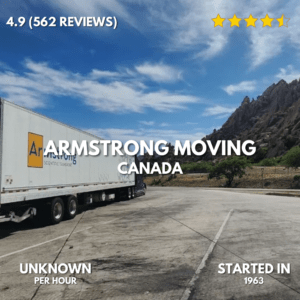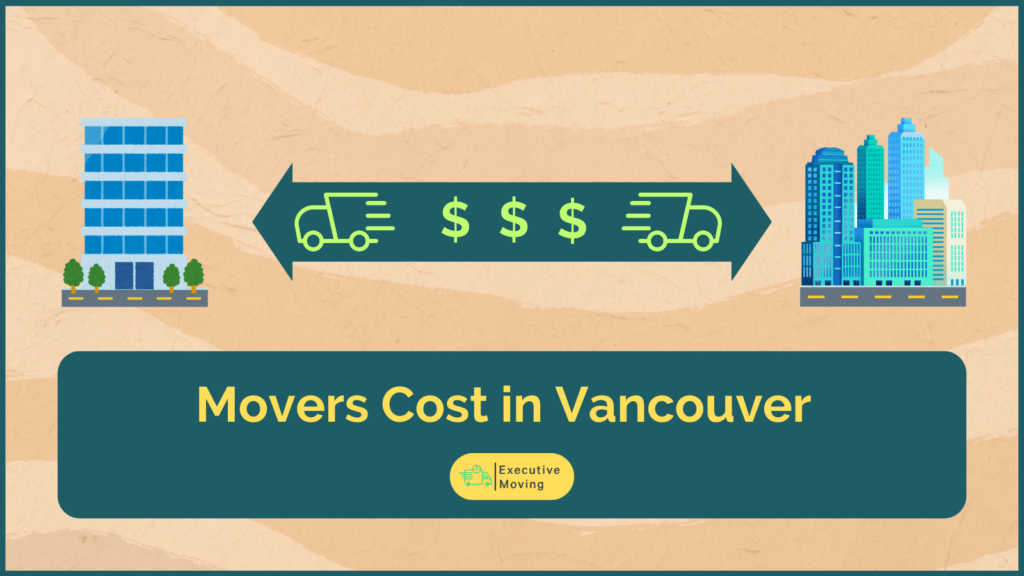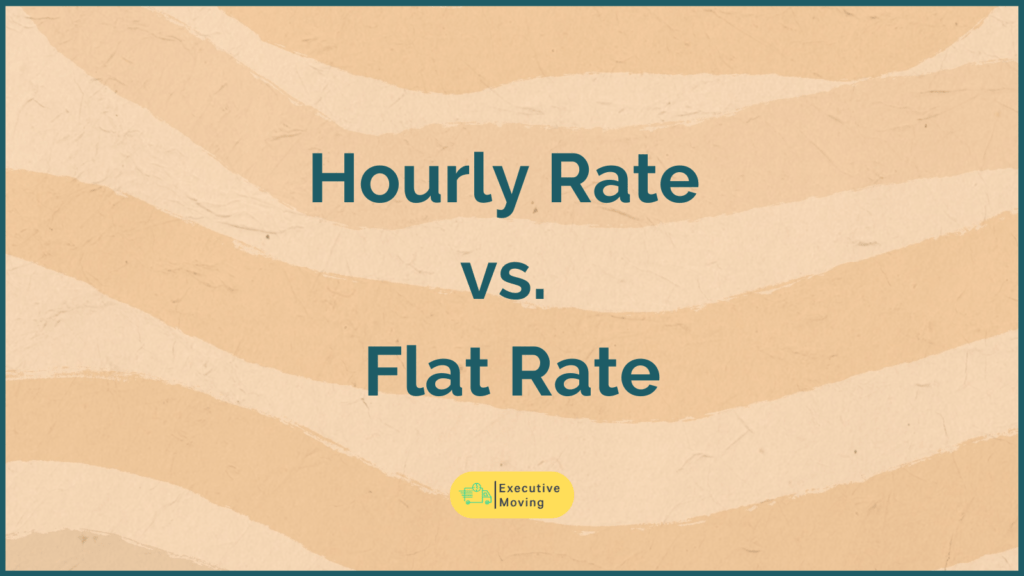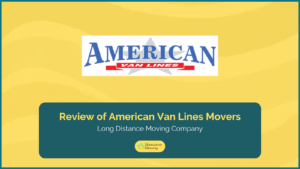When calculating movers cost in Vancouver, it’s important to remember that not all items are created equal.
Specialized items, like pianos, hot tubs, or heavy-duty appliances, often come with their own set of fees due to their size, weight, and handling requirements.
These items require special equipment, extra manpower, and sometimes even a custom moving plan.
So, what should you expect? First, fees for heavy items typically kick in when the item weighs over 200 pounds.
This charge is on top of the regular hourly rate, and while movers don’t usually bring a scale to weigh your stuff, they’re pretty good at estimating based on experience. Next, consider where the item is located in your home. If that baby grand is on the third floor, expect an additional charge for the extra effort it takes to maneuver it down the stairs.











